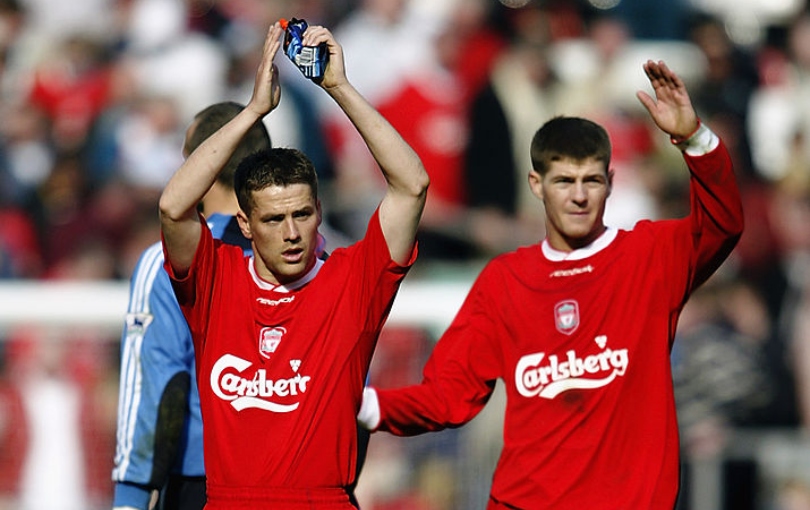Interview: Steve Coppell on India, Tendulkar and the future of English coaching
Following a decade-long playing career spent predominantly with Manchester United, Coppell enjoyed managerial stints with Crystal Palace, Manchester City (sort of) and Reading, among others. So what possessed him to make India's Kerala Blasters his latest stop?
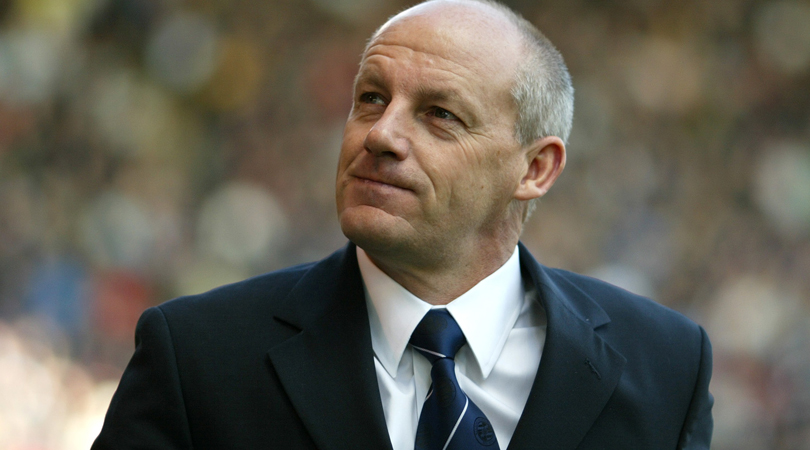
Season No.3 of the Indian Super League (ISL) kicked off last weekend, with big crowds across the country once again flocking to the opening fixtures of the glitzy competition.
The biggest of them all was in southern India, where Kerala Blasters hosted inaugural champions Atletico de Kolkata in front of 54,000 spectators and lost 1-0. That made it back-to-back defeats for the wildly popular Blasters and their coach, former Manchester United star and long-serving Crystal Palace coach, Steve Coppell.
On the eve of the new season, FourFourTwo sat down with the Englishman for an exclusive chat to gauge his thoughts on the ISL, plus the impact that the influx of foreign coaches in the Premier League was having on home-grown coaches.
Firstly, having built such a strong reputation in football back in England, why have you taken the plunge with a relatively new league and moved to India?
That’s a question I ask myself sometimes and I could think of a hundred reasons why I shouldn’t do it, but the best way of putting it is that I wanted to get out of my comfort zone. It’s an exciting challenge and totally different to anything that I’ve done before, which in a way is the appeal.
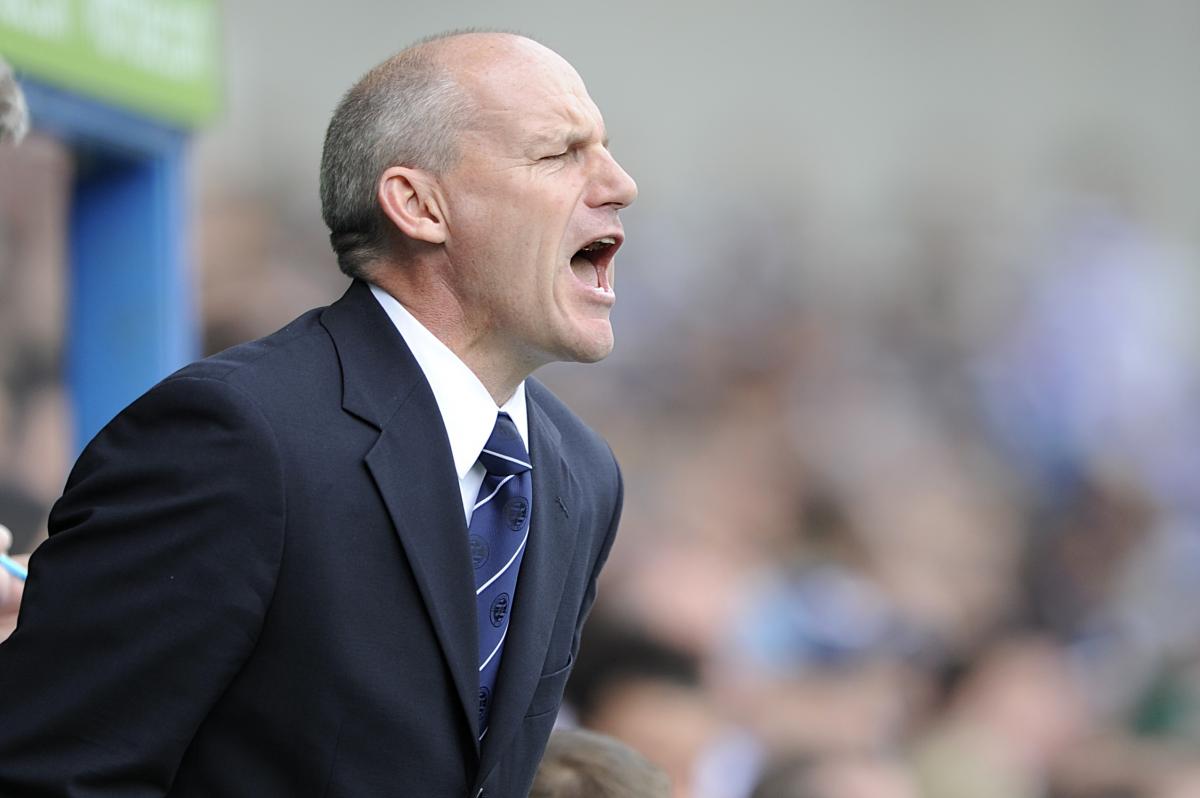
I’ve more or less been given players and within the space of four or five weeks’ preparation – actually only seven days of preparation with the full squad – you have to try to mould a team which will be resilient and which will have to travel across India a number of times. They’ll have to be fit enough to cope with not only the rigours of playing but also the travelling, and the whole thing put together as a package just seemed a terrific challenge.
I’d been to India before but travelling across the country and seeing the different areas and places, I just thought it was too good an offer to turn down. I’ve been involved in over a thousand games in England so doing something like this is totally out of left-field and appealed to my darker side.
Get FourFourTwo Newsletter
The best features, fun and footballing quizzes, straight to your inbox every week.
Going forward, if it’s going to have a meaningful impact on Indian football I think it has to be a longer league
If you look at the amount of money that’s being poured into the Super League, and what they’ve done with cricket in India, do you see this as a model that can perhaps even shake up world football down the track?
No, I don’t think it can. I think it’s specific to certain areas in the world and I think it suits India in particular because of the precedent set by cricket.
That’s been such a success with the crowds they’ve generated. With football you can’t really duplicate 100 per cent what they’re doing in cricket, but the idea is still very, very appealing – not just to the domestic audience but increasingly to a wider television audience, which is obviously where the league will get its financial foundation.
Going forward, if it’s going to have a meaningful impact on Indian football then I think it has to be a longer league; it doesn’t have to be a 10-month league, but certainly longer than the nine-to-12 weeks it is at the moment. We’re going to play 14 games in nine weeks or so, and with all the travelling it’s almost impossible to get your best team out all the time. I think the league will benefit if the top players can play every game.
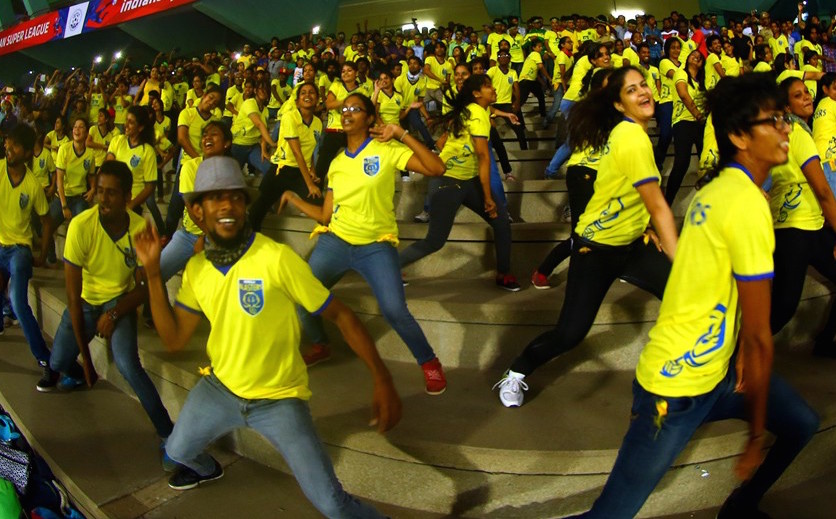
As a coach, how do you approach the preparation and the tournament? You have this 14-week season which is almost like a pre-season in England, so how do you go about moulding a squad, building confidence, knowing that a couple of results dropped here or there can see everything fall apart or vice-versa?
Yes, I’m very conscious that might happen but I’m lucky to a certain extent that all the Indian players are fit, so we don’t have to waste a great deal of time just doing fitness work.
On the international players, I’ve tried with our squad to have players who are mobile. As such we’ve gone for more senior players defensively, mobile midfield players, and what I hope are powerful attackers. I see that combination working for Kerala but it only takes one injury, a key injury somewhere, and the ripple effect of that is really going to harm you. You’ve got the balance as well of playing five Indian players and a maximum of six international players, so that equation is often very difficult to solve.
When you’re feeling tired and you have to chase back 70 yards, if you’ve got 60,000 cheering you on it gives you a certain lift in your step
You opted against signing a so-called ‘big-name’ marquee player, unlike most of the other franchises. What was the thinking behind that?
I went for mobility really; having looked over the last two years I’ve seen a few marquee players who, dare I say, are not in the best physical condition.
We signed Aaron Hughes who’s just come back from the European Championship. He’s a fit guy and although he’s coming towards the end of his career, having played at the top level of European football only a month or two back, that was an indication to me that he’s obviously fit and able to withstand the rigours of an intense season.
What’s been your impression of the general buzz, not just around the league but also specifically at Kerala and in southern India as a whole?
There’s a statistic that says they’re the fifth best-supported team in the world. It’s certainly an intense atmosphere
Kerala is just amazing and for anyone who’s looked on YouTube we get 60-odd thousand people, and they’re there two-to-three hours before the game kicks off.
Obviously, Kerala Blasters is representing the region, and the region is rightfully proud of their team. I think that’s significant as well. It’s a huge region – people travel five or six hours and coachloads come in from all over Kerala – so it’s our goal to represent the area well and to have a good year after such a disappointing one last year [they finished last in the eight-team league].
There’s a statistic that says they’re the fifth best-supported team in the world. The figures might be manipulated to prove that, but it’s certainly an intense atmosphere and the players who were here last year said it was just crazy. Like any hotbed around the world it can inspire you and really give you a lift. When you’re feeling tired and you have to chase back 70 yards, if you’ve got 60,000 cheering you on, all of a sudden it gives you a certain lift in your step and you get there.
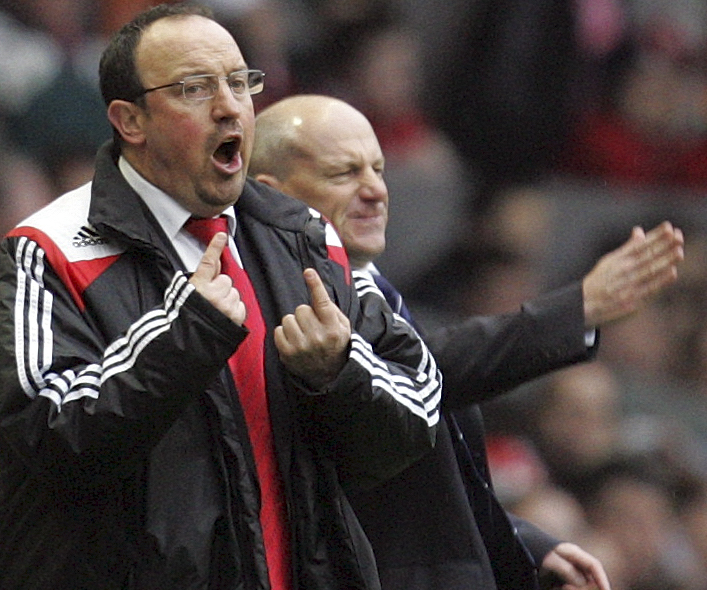
The whole pizazz at the club extends to the ownership, which includes Sachin Tendulkar – one of the all-time greats in cricket. Have you had the chance to meet and chat with him?
I think Jose is a serial winner and I’ll be very surprised if he doesn’t bring some silverware to Old Trafford this year
Yes, we’ve spoken on a number of occasions and he’s very much wanting to duplicate the cricket atmosphere in so much as there being a link between the players that is ongoing year-to-year. We signed two players from last year and Sachin wants to get more of that, rather than a transient team that changes every year. He wants to get players who feel for the club and have a connection.
You haven’t asked him for any cricketing tips, or got in the nets with him?
No, nothing like that but he’s been in dressing rooms before. He knows we're going to have ups and downs but says it’s always about how you respond. He really understands these kinds of things.
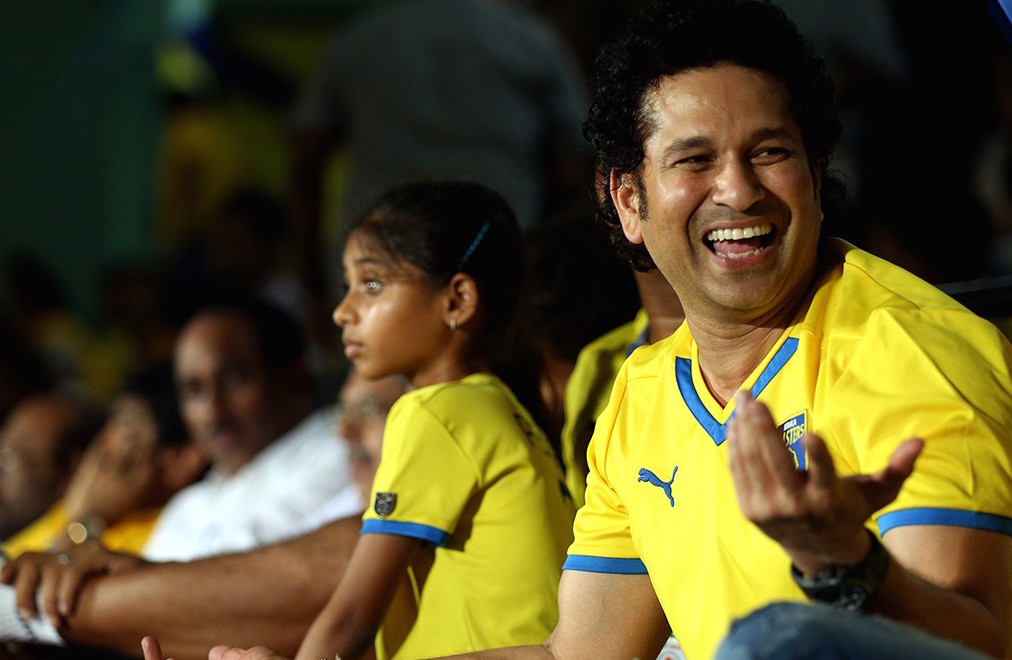
Looking more broadly, you obviously keep tabs on what’s happening back in England – what have you made of the start to the season?
Without doubt, this is the most exciting season in the Premier League for many, many years with the influx of the foreign and top coaches from around the world – Pep Guardiola, Jose (Mourinho) and the way he’s shifted into United, (Antonio) Conte coming in at Chelsea, (Jurgen) Klopp looking to have a more significant league effect this season at Liverpool. It really is a terrific, mouth-watering league.
Every week you look at the fixtures and think ‘I want to watch that game, and that game as well, and that one too’. You look at City and United with arguably the two best current coaches in world football and it’ll be fascinating to see how they get on. I think Jose is one of those people who’s a winner, a serial winner, and I’ll be very surprised if he doesn’t bring some silverware to Old Trafford this year.
Next: As an English coach do you look at what’s happening with a touch of regret?
As an English coach do you look at what’s happening with a touch of regret, though? Are opportunities passing the local coaches by with so many foreign managers?
Yes, very much so. If you look last year I think there were only three English coaches in the Premier League, but I think that we have to respect that now it’s a world league – it’s not just about English football.
I think the English coaching mentality still has a huge role to play in the development of the Premier League
I think the Premier League has a responsibility to English football because it’s based there obviously, but it's attractive the world round. That’s just a response to the top-class players that produce week in, week out with appetising football that you just can’t wait to see.
Now I think myself and other English coaches would say our opportunities are becoming more and more limited, because whenever there is a vacancy it’s more attractive to bring somebody in from Europe or from South America or wherever. Sometimes the grass appears to be greener on the other side of the fence, when in reality I think the English coaching mentality still has a huge role to play in the development of the Premier League.
Looking at that from a playing perspective, do you think this – with so many foreign players arriving too – could be the real death knell for England internationally?
I would say that as well. You look at what happened with someone like Marcus Rashford at the start of the season, where he played for England at the European Championship but then couldn’t start the season for Manchester United.
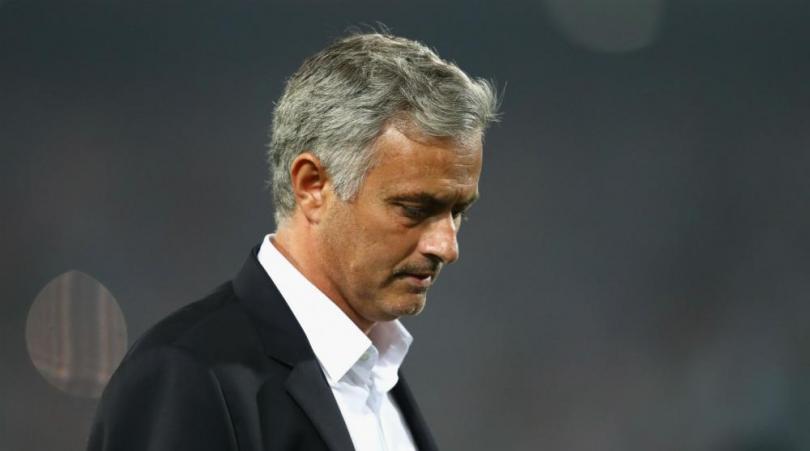
He’s one of the most promising strikers in the Premier League and would be an automatic choice in probably 17 or 18 of those teams, but it just so happened that Jose made the call to bring in Zlatan (Ibrahimovic) and he has to play. Every team he’s gone to I think they’ve won the league the first year he’s been there, so it’s a hell of a talisman to bring into your squad.
Now, Zlatan is not going to be there long, he’s at the end of his career. If Rashford has the right mentality he can learn so much – arguably he could learn more if he was playing every week but I think Jose will dip him in and out of the first team and he’ll rub shoulders with these top-quality players all season and will reap the benefits long-term.
You played for only a couple of clubs but coached several – which is the club that is dearest to your heart?
It’s difficult to say; as a boy I was brought up as a Liverpool fan, I played for Manchester United, I spent a quarter of my life managing Crystal Palace – there are a lot of clubs that I have a huge affection for and I would say now that there isn’t just one.
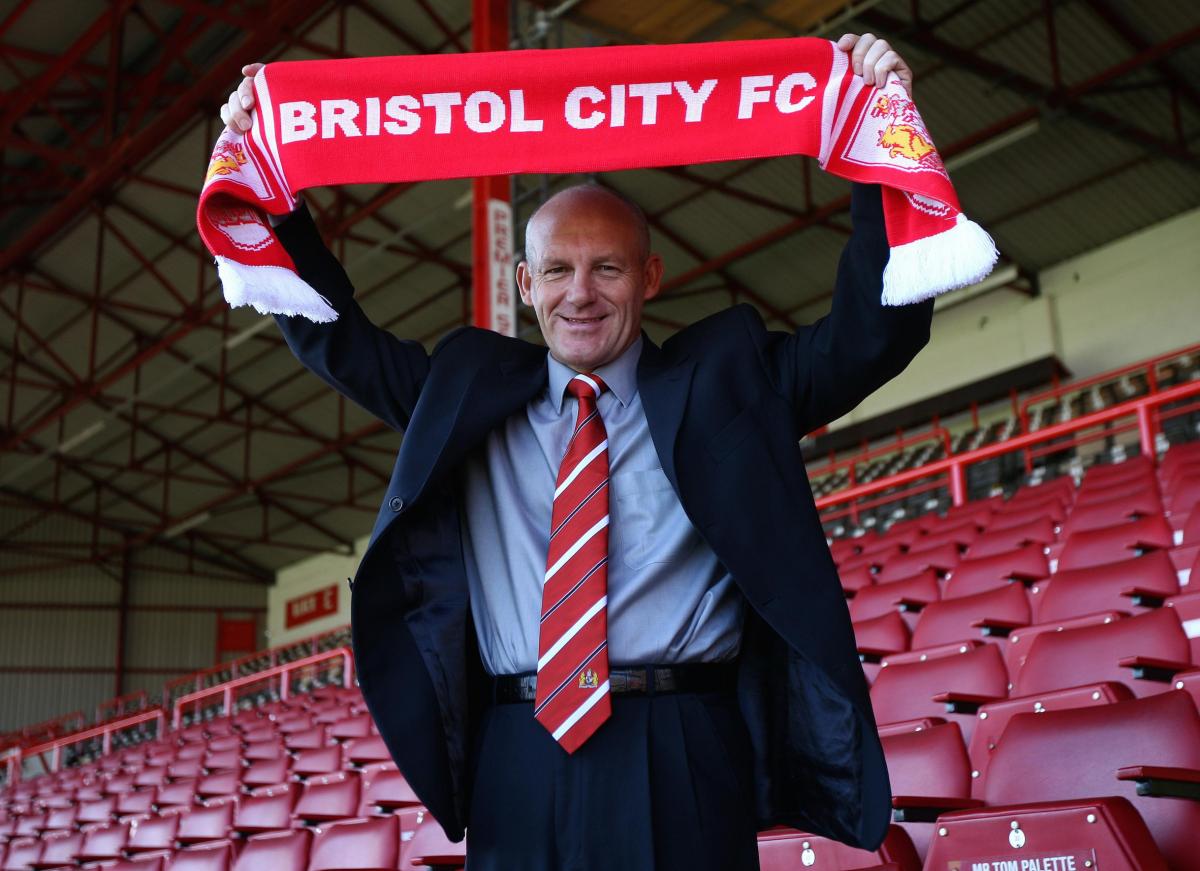
On the spot – you've got to make a choice...
It’s difficult but it would probably be fashionable for me to say United – though it’s been so long since I was there.
I did some work last year for Crystal Palace and, as I said, I spent a quarter of my life as a manager there – 15, 16 years. As any manager will tell you, when you’re in that role you give everything. So I would say I’ve probably got a softer spot for Crystal Palace because I invested so much of my life there.
It’s not logical in many ways because I played almost 400 games for United, I supported Liverpool for many, many years as a boy, but I think it’s the underdog mentality and I really enjoy it when Palace do well. I was delighted when they got to the FA Cup final last year and that was an event where I couldn’t lose. I was happy that United won, but if Palace had won I'd have been equally happy.
More interviews • Other features you'd like on FourFourTwo.com
